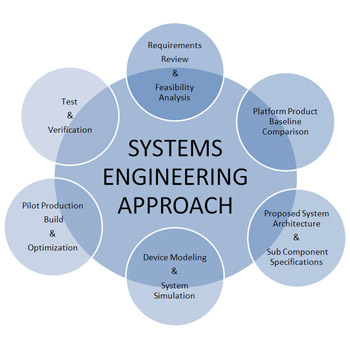EE4C11 Systems engineering
The course aims to develop the system engineering skills needed to design large scale, electrically enabled complex systems.
Contents
- Problem Formulation
- Requirements specification
- Use case model
- Functional Decomposition
- Means and Morphological Analysis
- Decision Making
- Simulation and modeling
- Risk Analysis
- Testing
Study Goals
By the end of this course, you will be able to:
- Recognize the need and relevance of systems engineering (SE)
- Structure the key steps in Systems/Product Development
- Systematically breakdown tasks and work in teams towards a common goal
- Apply SE methodologies and SE tools in projects
The course goals are achieved by studying the theory, problem-solving, and concept design. The course includes class sessions, project-based assignments, and assignment defense. The class sessions include lectures covering foundations of the system engineering and case studies as well as consulting of the assignment. Throughout the course, student groups work on a project-based assignment. The course finishes with a public defense of the projects.
Teachers
dr. Seyedmahdi Izadkhast
Storage & Energy Conversion for Smart Grids
PP Sundaramoorthy
dr. Carlo Galuzzi
Instruction-set architecture customizations, reconfigurable and parallel computing, brain modeling, hardware/software co-design
prof.dr.ir. Rob Kooij (NAS)
Quality of multi-media services; Modelling network quality at the packet level
R. Vismara
prof.dr. Paddy French
Biomedical devices, sensor technology
Last modified: 2024-10-01

Details
| Credits: | 5 EC |
|---|---|
| Period: | 4/0/0/0 |
| Contact: | Koen Langendoen |